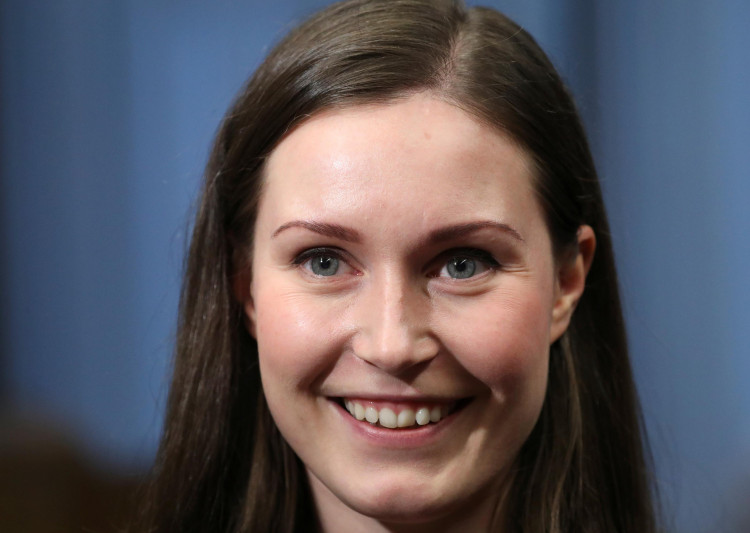For years, Finland has lobbied for flexible working schedules, starting with a 1996 law that gives most employees the right to adjust their working time to three hours earlier or later than normally required by their boss.
The newly installed political leader of the country, Sanna Marin, however, just raised the bar, proposing to place the whole nation on a four-day workweek of six-hour workdays.
Marin, the youngest sitting prime minister in the world - and leader of a five-party center-left alliance - said the policy would allow people to spend more time with their families and this might be the "next step" in a better working life.
Marin is not the first politician to slow down the idea of working hours recently. A few years ago, Neighboring Sweden checked six-hour working days. And in September, the UK's Labor Party said it would bring a 32-hour workweek to the UK within 10 years. The standard workweek in France is 35 hours, down from 39 hours in 2000.
Lately, a number of companies around the globe have conducted their own experiments. Until it officially implemented the policy in November 2018, Perpetual Guardian - a small New Zealand company that helps clients control financial assets - tried a four-day workweek.
Perpetual's Chief Executive Officer Andrew Barnes is now drumming up support for the idea. In Ireland, a recruiting agency called ICE Group shifted to a four-day workweek and found that people's habits changed, with employees spending less time checking social media or taking coffee breaks.
Both companies are small - Perpetual Guardian has tested the new work schedule with 240 staff; ICE Group has about 50 personnel in Ireland, while other companies are trying out the new format as well.
For example, last summer, Microsoft Japan introduced a four-day workweek. The company said employees were 40 percent more efficient, and the policy was especially popular among the younger employees.
Although shorter workweeks can bring clear benefits to the well being of workers, they can also be hard to carry out. The Wellcome Trust, a London-based science research agency, scrapped plans for last year's four-day work-week, claiming it would be "too difficult to introduce" for its 800-strong workers.
But there's the possibility of integrating even more versatility into the method for those who have welcomed the idea. For example, a four-day work-week at Perpetual is not the only model; after evaluating the efficiency of its workers during a normal five-day work-week, the organization set a standard barometer and then encouraged its people to work out how to get there in 80 percent of the time, which could mean fewer working days per week, or shorter hours spread over five days.






